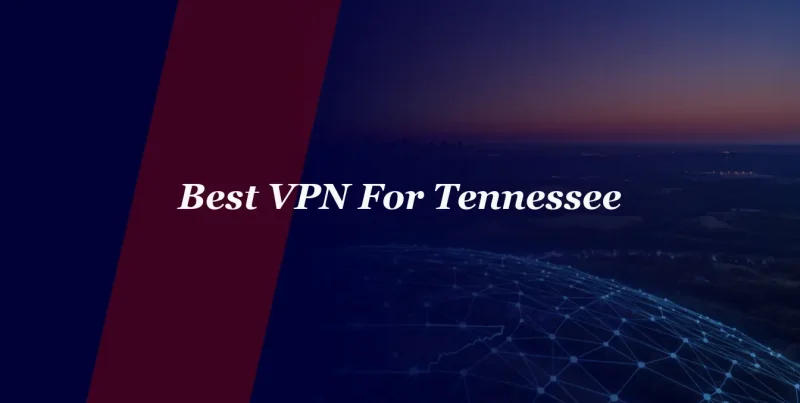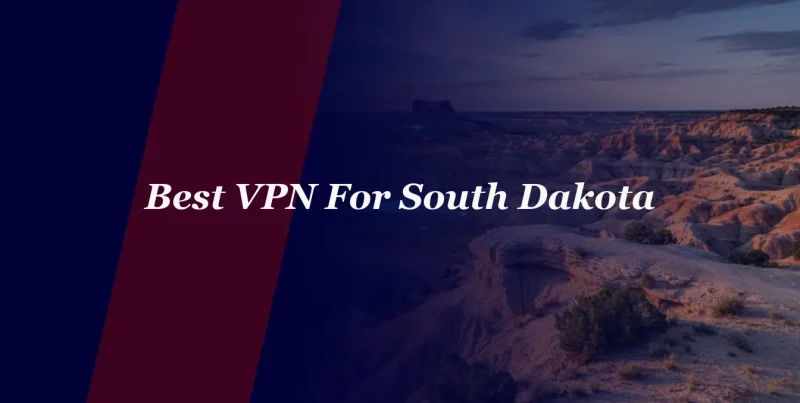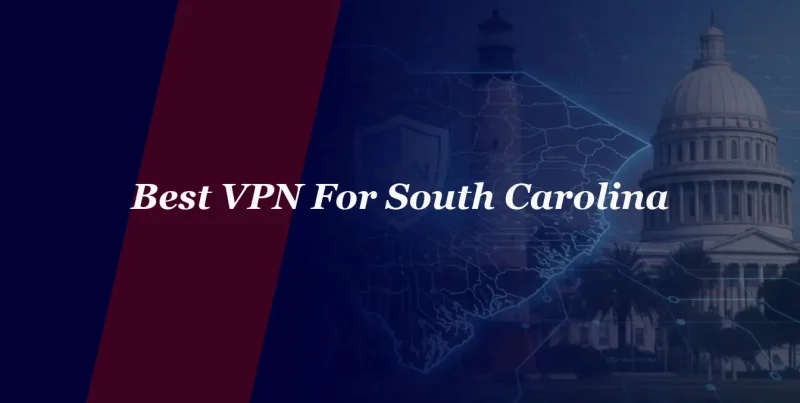What does a VPN hide? Have you ever wondered how your data is handled?
Cybersecurity is of the highest importance when using the internet today. You’ll find that apart from digital entities like websites, third-party companies, or streaming providers there are other bodies that steal, sell or use your data. A VPN is one of the better ways to protect your data.
A VPN can shield and protect your web traffic and hide almost everything you do online. For instance, it masks your physical IP address from being detected, which in most cases are targeted by your internet service provider or government bodies. A VPN will swerve around these issues and hide your data.
But, what data?
What a VPN hides
Not every VPN works the same, so beware of what providers you invest in. The best VPN software is supposed to hide the following:
- Your physical location
This is extremely important when trying to access geo-restricted streaming services. Most countries around the world come with some major restrictions, with online censorship being one of them. Even if a VPN allows you to access certain blocked content, you still need to make sure that your VPN does a good job by hiding your physical location.
- IP address
Most VPN services offer virtual servers for users to connect to for various reasons. For instance, accessing a geo-restricted service like Hulu, to anonymize your web traffic, or even to access local bank accounts while traveling abroad. However, you’re not going to be allowed to do all that and more if your physical IP address is exposed.
- Personal or sensitive data like your activities, email, IP, whereabouts, device, and more.
If you think that certain websites or apps don’t steal your data, then think again. Apart from this, there are so many cases of identity theft, online frauds, and more that are committed from stolen emails, ID’s and passwords. Most fraudulent VPNs also harvest user data and sell them to third parties. You need to be extra careful when choosing the best VPN. Only a good provider will hide this kind of information, while at the same time, maintain a strict no-logs policy.
- Web traffic bypassing ISP throttling
Even if you’re allowed on the list of countries that can access a certain platform, it again depends on the laws within your country. With that said, sometimes your Internet Service Provider goes the extra mile, prohibiting access to these services. They even control your internet speeds and throttle them. A VPN can bypass it, and make sure you remain anonymous under ISP eyes.
- And itself from being detected (most VPNs are detected when trying to help users access geo-restricted services)
If you use a VPN to access Hulu, BBC iPlayer, or even your social media accounts from abroad, you’re going to need a VPN in most circumstances. However, if your VPN is detected, you’ll immediately be blocked out of the service. A good VPN comes with the best or strong security/encryption that will allow users to utilize the VPN without being detected.
- Browser history
By using a VPN, no one, not even your ISP can view your browser history. A good VPN provider will also delete all data after every session so that they too don’t know what you’re accessing.
Benefits of a VPN hiding important data include:
- Maintaining medical professional and patient confidentiality. Most hospitals use VPNs and this software makes sure that no files are tampered with.
- A VPN can hide your actual location when booking flights or accommodations. It gives you the chance to land better and more affordable deals according to your country.
- Hides information to avoid bank accounts, social sites and more from getting hacked.
- Torrenting is prohibited in most countries around the world. However, hidden under VPN protection, you can torrent without your data being exposed.
- Protects you from Public WiFi
To conclude
Although a VPN can do a lot for privacy and hide what you do online, it still isn’t something you should depend on at a 100%. A VPN can only do so much to protect you online and hide data. For instance, if you’re connected to an office VPN, there are chances online trackers are installed on the device you use. This means if you’re trying to sneak a movie on an official device, there are chances of you being detected. So, always make sure to use a VPN wisely and in particular situations that are the safest. There’s only so much that a VPN can hide.







